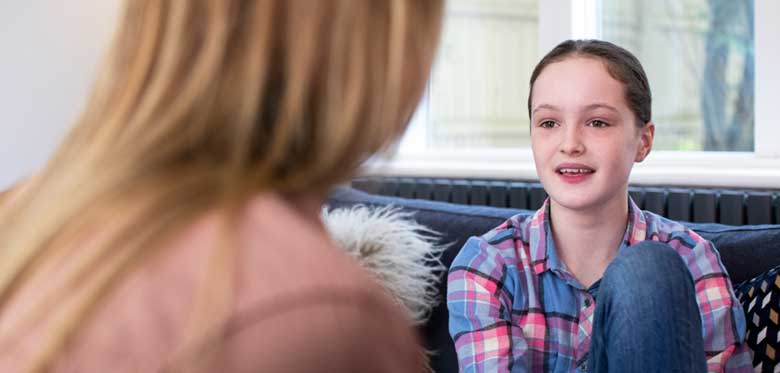Where there is a dispute about a child such as where a child should live or how long they spend time with a parent, under rule 16.4 of the Family Procedure Rules, the court has the power to make a child a party to private law proceedings.
Making the child a party to the proceedings is a step that will be taken only in cases which involve an issue of significant difficulty and consequently will occur in only a minority of cases. This may occur where the child has a standpoint or interest which is inconsistent with or incapable of being represented by any of the adult parties or where there is an intractable dispute over where the child lives or who they spend time with or where the child may be suffering harm associated with the dispute.
Once a child is made party to the proceedings under the 16.4 rule, a Guardian from CAFCASS (Children and Family Court Advisory & Support Service) will be appointed by the court. Children's Guardians are qualified in social work and are trained and experienced in working with children. The Guardian’s primary role is to ensure the wishes and feelings of the child are heard and will ensure their best interests are protected. The Guardian is completely independent from any other party and the court which ensures the child has an independent voice throughout the proceedings when there may be conflict or disagreement between other parties.
The Guardian will be represented by a solicitor throughout the proceedings and they are known as the children's solicitor. Legal aid will be granted to the child in this type of case and this would be used to fund the children’s solicitor’s involvement. The children’s solicitor will apply for legal aid on the child’s behalf.
Once appointed, the Guardian will spend time with the child, family and will speak to other professionals involved with the family to gain an understanding of the situation and to determine what is in the best interests of the child. These professionals may include the child’s teacher, health visitor and social worker, if a social worker is involved.
The Guardian will then prepare a report for the court setting out their recommendations of what is in the child’s best interests which will be shared with the court and the parties. The court will determine the outcome and what is in the best interests of the child after looking at all the evidence in the case and in the event that matters cannot be agreed.
At Stephensons we have many children law specialists who have vast experience dealing with child matters and representing children in these circumstances. To speak to one of our child panel solicitors please call us on 0161 696 6193.
By Nicola Horrocks, paralegal



Comments